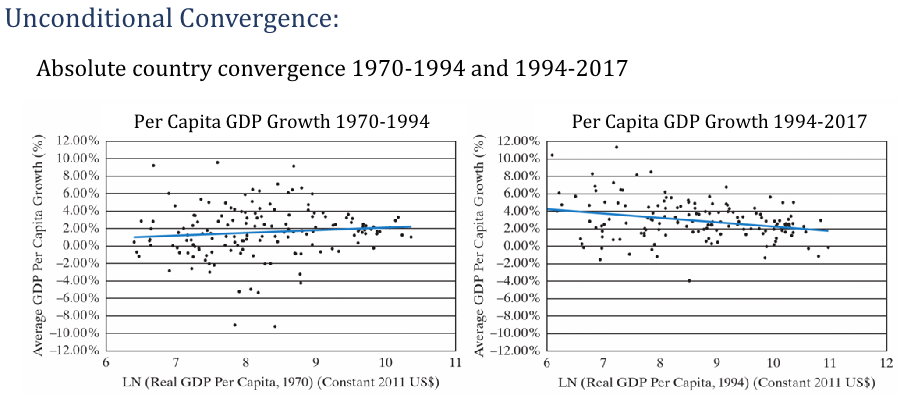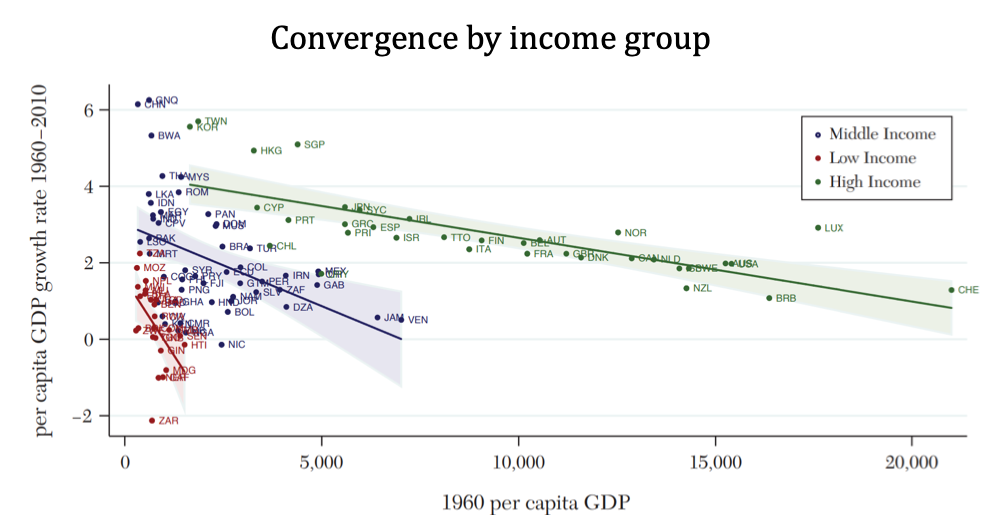Development Economics Topic 1 and 2
1/11
Earn XP
Description and Tags
Flashcards summarizing key concepts from a lecture on development measures, economic growth, and important theoretical models.
Name | Mastery | Learn | Test | Matching | Spaced | Call with Kai |
|---|
No analytics yet
Send a link to your students to track their progress
12 Terms
What are the traditional economic measures commonly used in development analysis?
GDP per capita and GNI per capita.
What is the ATLAS method?
A quick method of comparing GDP across countries using a 3-year moving average of exchange rates adjusted for differences in inflation.
What groups has the World Bank used the ATLAS method to classify countries into?
Low-income (LIC), lower-middle-income (LMC), upper-middle-income (UMC), and high-income countries (UHC).

What does Purchasing Power Parity (PPP) focus on?
It focuses on how much currency can buy a consistent basket of goods across different countries.
What is Amartya Sen's capability approach? Furthermore, what two human achievements does it measure?
It emphasises that development is about enhancing individuals' capacity to improve their lives, not just their income. The two human achievements it measures are functioning and capabilities.
What three components are included in the Human Development Index (HDI)?
Income, education (expected years of schooling), and health (life expectancy at birth).
How do you calculate the dimension index for H, E or I? How do you calculate HDI?
See picture above.

What does 'unconditional convergence' imply in economic growth?
The tendency for per capita income to grow faster in lower-income countries so
that lower-income countries are “catching up” over time.

What is 'conditional convergence'?
It suggests that countries with similar characteristics may converge in income levels, but differences still exist based on various conditions.

What are the criticisms of Rostow's stages of growth model?
It's Eurocentric, assumes a linear progression, overlooks inequalities, and lacks concrete policy guidance.
What is a key factor for capital accumulation in the Harold Domar model?
The level of savings must increase to generate growth as savings directly determines investment.
In the context of growth models, how is growth measured in the Harold Domar model? (simplified)
Growth is equal to the savings rate divided by the capital output ratio.